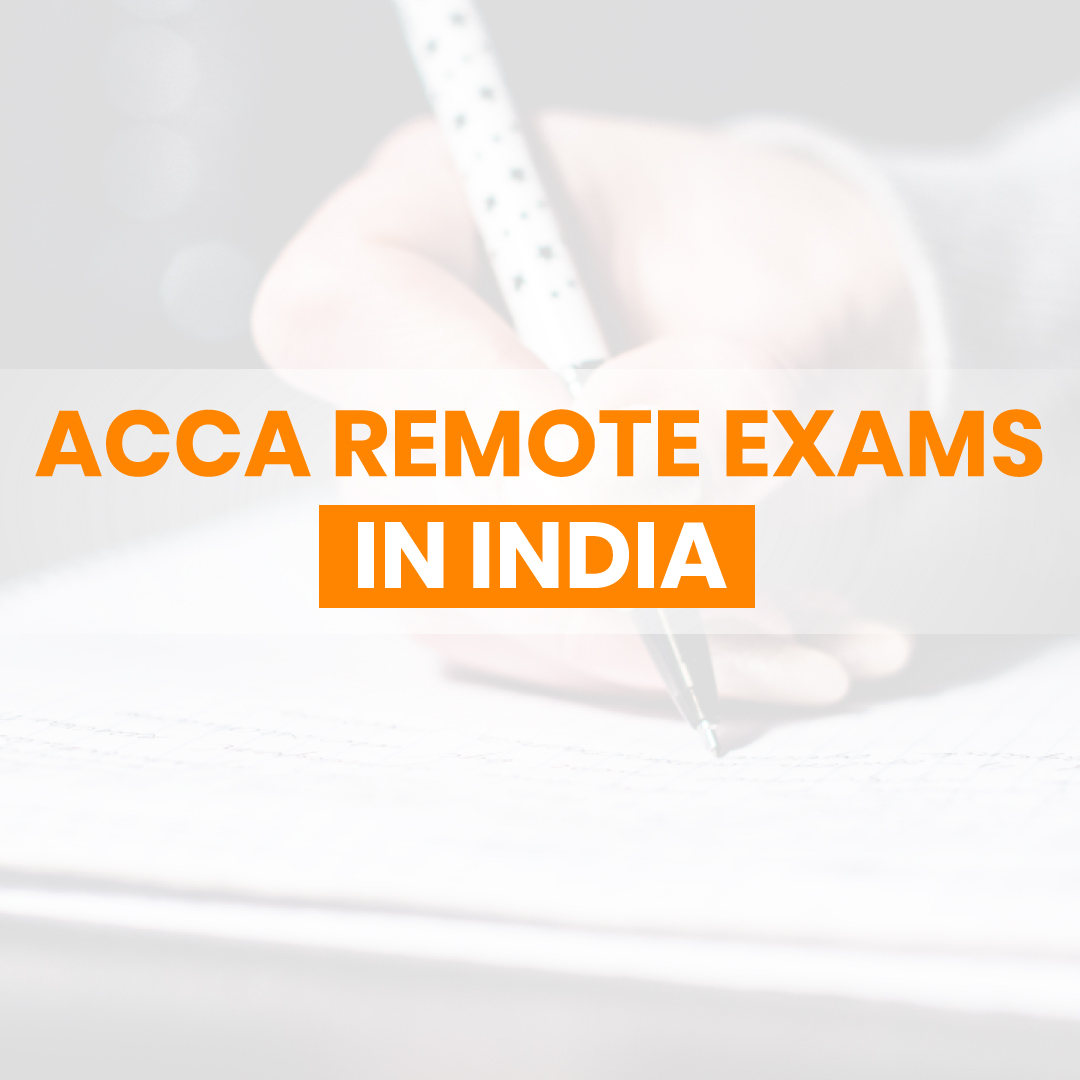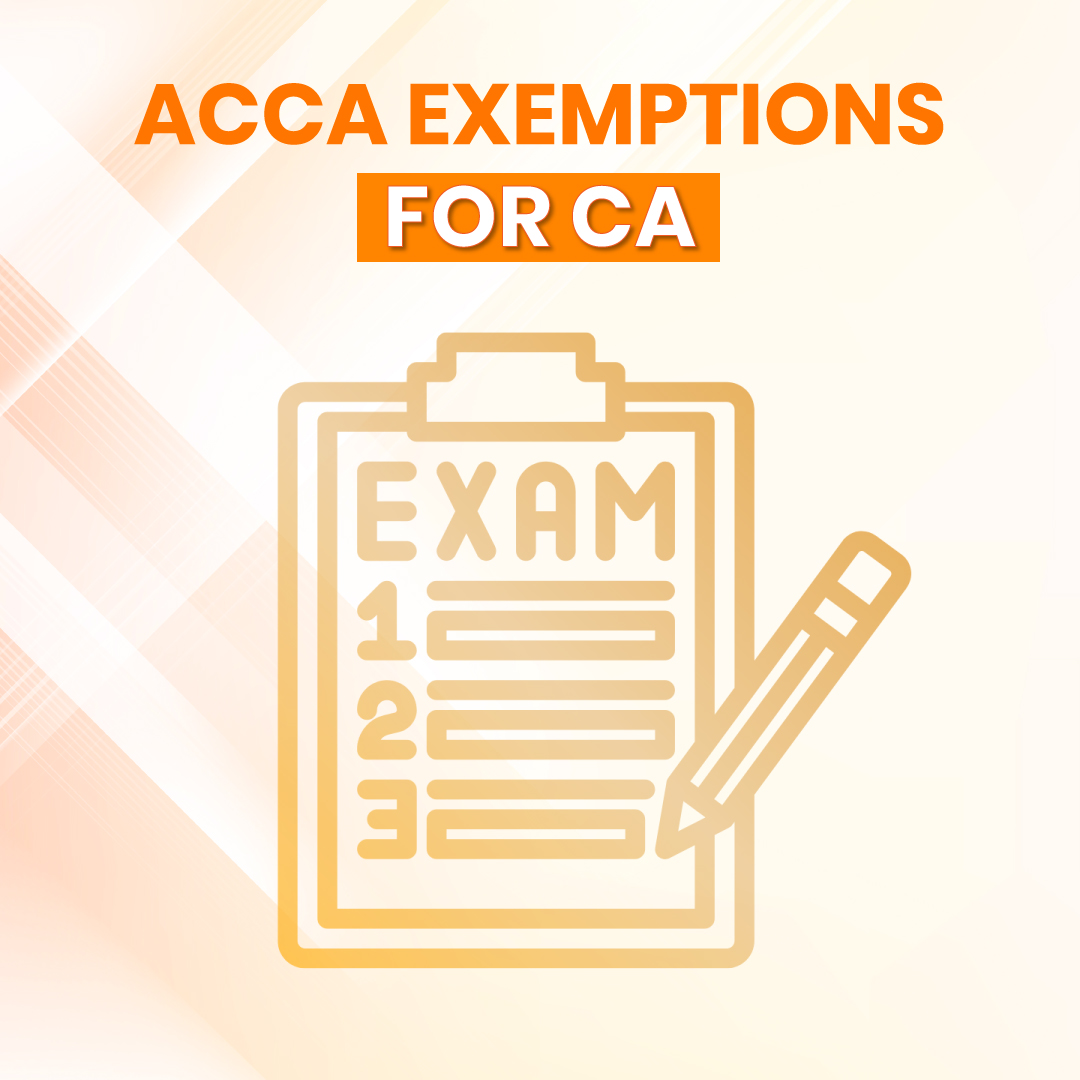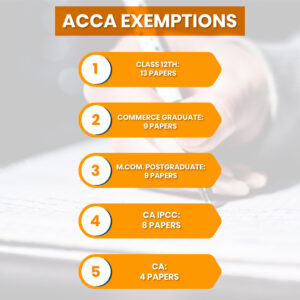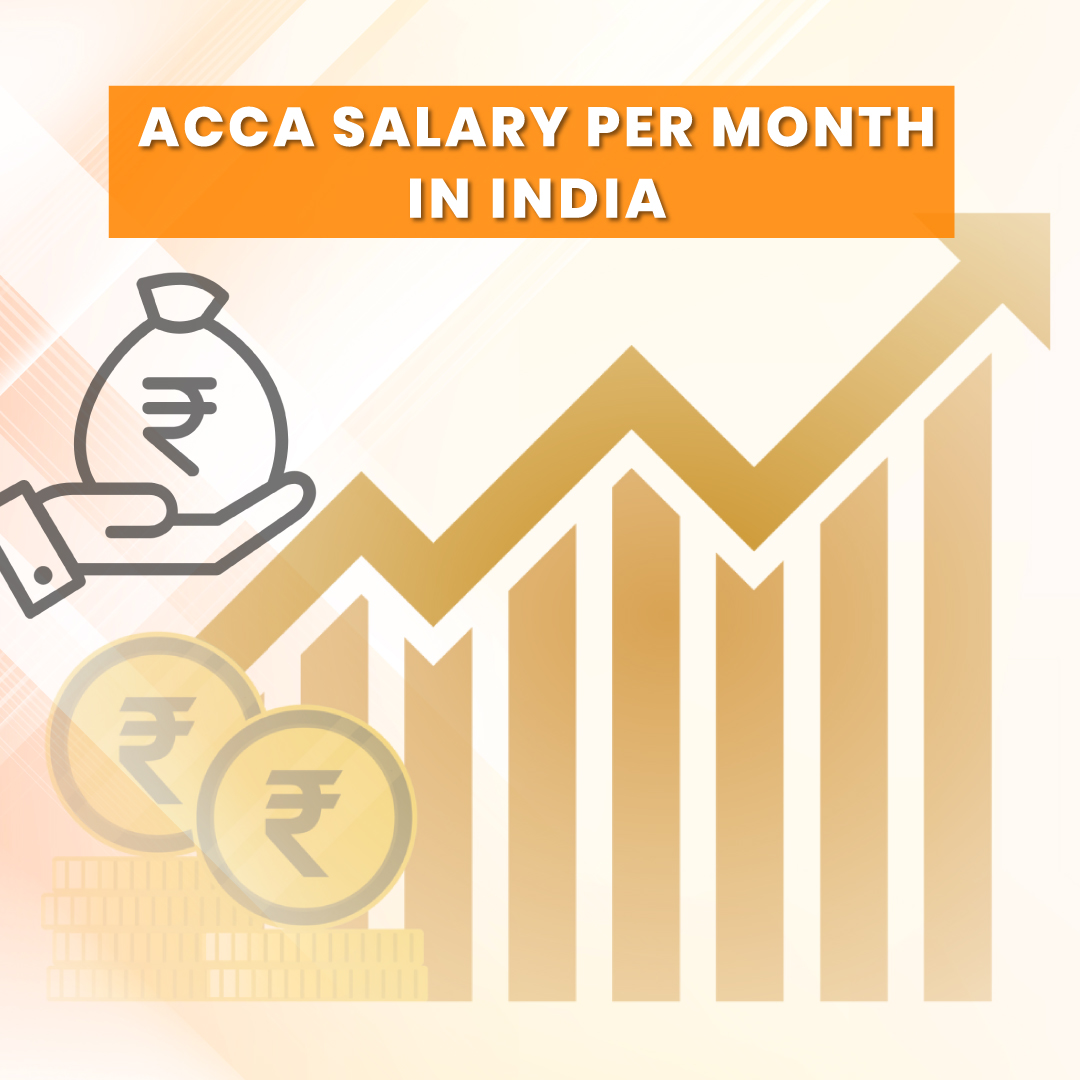Even when it comes to professional certifications like ACCA, flexibility and access are crucial in today’s world. The ACCA remote exams are one of the latest innovations that meet these needs and enable candidates to take the exam from the comfort of their homes or any other location that suits them best. In this blog, we will go through everything you need to know about the ACCA remote exam, including the registration process, key essentials, eligibility requirements, and preparation tips. You will therefore be well-prepared to excel in your ACCA journey at the end of this post.
Remote ACCA Exams: A Quick Overview
The flexibility of remote exams is one of the numerous innovations and improvements that have come from the long-standing practice of administering ACCA exams. Indeed, an ACCA remote exam gives candidates the option to take their exams at home or at a different place that works best for them. For candidates who are unable to attend the physical ACCA exam center due to personal, financial, or geographic constraints, these remote exams will provide the same standards and expectations as in-person exams, but with the added benefit of relative simplicity and flexibility.
Eligibility Criteria for ACCA Remote Exams
Aspirants can easily access the ACCA remote exams by going through the registration process and making some careful considerations. The majority of ACCA qualification levels, including the Strategic Professional, Applied Knowledge, and Applied Skills tests, offer this choice. To find out whether particular exam papers are accessible for remote delivery, visit the ACCA website or your student account.
Technical Requirements and Operating System
- Windows 11 and 10 (64-bit), excluding Mode
- macOS 12 and above, excluding beta versions.
- Unsupported: Windows 8/8.1, Windows 7, Windows Vista, Windows XP, Linux/Unix, Chrome OS.
Firewall and VPN: Use a personal computer.
RAM: Minimum: OS specified minimum RAM (Recommended: 4 GB RAM or more)
Display: Minimum resolution – 1024 x 768 in 16-bit color. Multiple monitors and touch screens are forbidden.
Internet Browser: Latest versions of Microsoft Edge, Safari, Chrome, and Firefox.
Internet Connection: Speed– 12 Mbps down and 3 Mbps up. A wired network is preferred.
Webcam: Internal or external, minimum resolution 640×480 @ 10 fps. Forward-facing at eye level.
Environmental Requirements
- A quiet room free from interruptions.
- Clear, uncluttered desk with allowed exam materials.
- Comfortable chair.
Exam Rules and Regulations
- Take your exam in a private and quiet room for the full duration of the exam.
- Walls must be solid; cloth or curtain room dividers are not acceptable.
- There should be no scrap paper or secondary monitors.
Additional Pointers
- From the beginning of the check-in procedure until the end of the ACCA remote exam, a single 5-minute toilet break is allowed.
- Throughout the exam, you will be captured on camera.
- Exam data and video will only be shared with third parties to administer the exam and associated post-test activities.
The Key Essentials
Candidates need to ensure they have all documents before processing for their ACCA Remote Exams in India:
- Identity Card: A legitimate form of identification, such as a passport, driver’s license, or national ID.
- Installing the program: Get the ExamShield program and install it. Before the exam day, do a system check.
- Backup Plan: Have a fully charged laptop and a mobile hotspot ready for power or internet interruptions.
A Comprehensive Guide to ACCA Remote Exam Registration
Online registration for the ACCA exam is quite simple for remote exams:
Open your ACCA account and log in: Access the exam registration section through the ACCA portal by logging into your myACCA account.
Choose Your Exam: Choose the particular exam you wish to take, or opt for the ACCA book examinations and go to the remote format option.
Check Your Information: Verify again that your contact information, bio, and personal details are accurate.
Set Up Your Exam: Please select a suitable time and date for your test. When selecting slots, keep the time zone in mind.
Pay the ACCA Exam Fee: Fill out the exam payment form. Make sure you know how much the ACCA remote exam costs for the paper you have selected.
Complete the System Exam: Ensure your device and internet connection are prepared for the ACCA remote exam by using the link to complete the ACCA exam process.
Frequently Asked Questions (FAQs)
Q: Can I take the ACCA exams from home?
Ans: It is feasible to take the ACCA remote exam from the comfort of your own home, but you will need to meet all environmental and technical standards.
Q: Do ACCA remote exams in India allow scrap paper and notes?
Ans: No, actual scrap paper or notes are not permitted. Students can take virtual notes during the exam.
Q: What are the ACCA remote exam times 1 and 2?
Ans: You can plan your remote exams during these time zones or windows.






